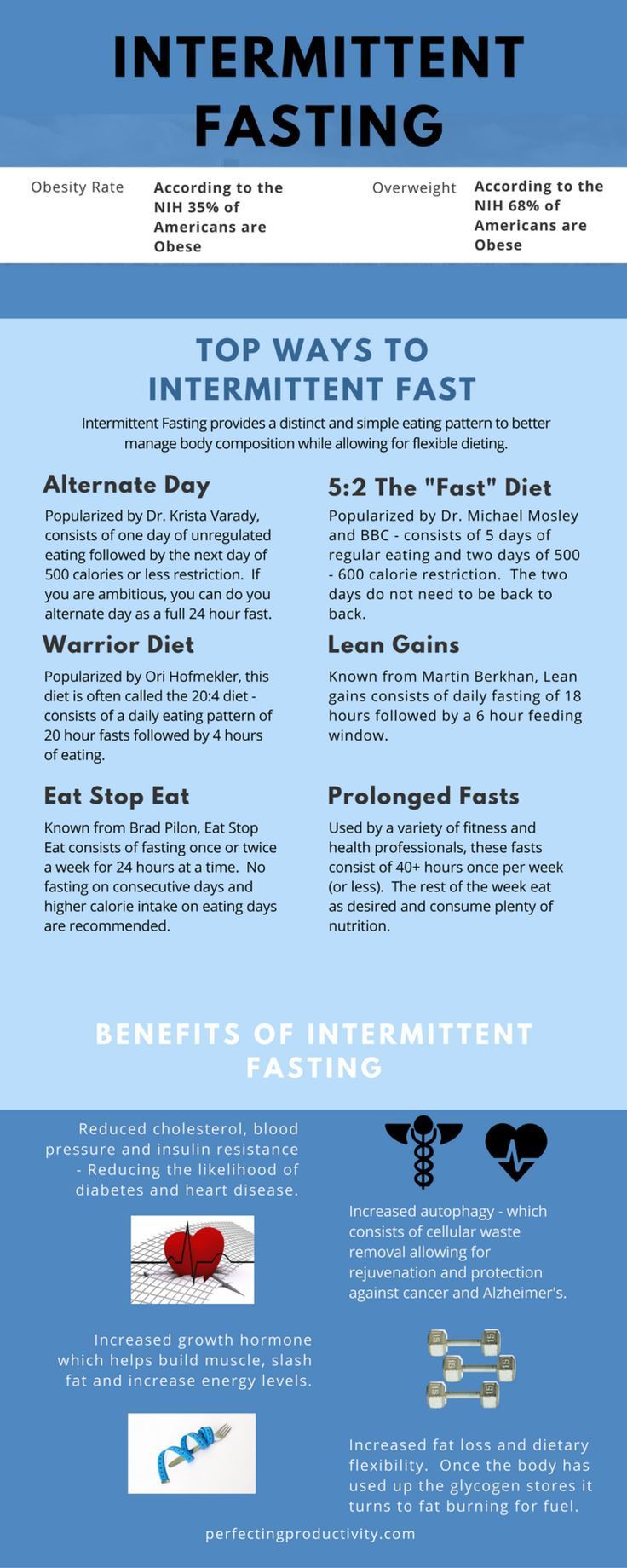Nih Recommended Daily Intake

For a reader friendly overview of calcium see our consumer fact sheet on calcium.
Nih recommended daily intake. Higher fluid intake does not have any convincing health benefits except perhaps in preventing recurrent kidney stones. There are 13 vitamins vitamins a c d e k and the b vitamins thiamine riboflavin niacin pantothenic acid biotin b 6 b 12 and folate. The recommended dietary allowance for elemental zinc is 11 mg daily for men and 8 mg for nonpregnant women.
Vitamins help your body grow and work the way it should. Recommended intakes intake recommendations for zinc and other nutrients are provided in the dietary reference intakes dris developed by the food and nutrition board fnb at the institute of medicine of the national. A daily intake of zinc is required to maintain a steady state because the body has no specialized zinc storage system.
5 the doses used in registered clinical trials for covid 19 vary between studies with a maximum dose of zinc sulfate 220 mg 50 mg of elemental zinc twice daily. National institute of diabetes and digestive and kidney diseases niddk 800 860 8747 toll free 866 569 1162 tty toll free healthinfo niddk nih gov. Establishes principles and guidelines of adequate dietary intake.
In adults the average daily choline intake from foods and beverages is 402 mg in men and 278 mg in women. Intake of more than 500 ml of fluids per day will result in the excretion of solute free water. And renders authoritative judgments on the relationships among food intake nutrition and health.
Calcium the most abundant mineral in the body is found in some foods added to others available as a dietary supplement and present in some medicines such as antacids. Eating plans that contain 1 500 1 800 calories each day are suitable for men and for women who weigh more or who exercise regularly. These documents are issued by the food and nutrition board of the institute of medicine national academy of sciences the food and nutrition board addresses issues of safety quality and adequacy of the food supply.
Vitamins have different jobs helping you resist infections keeping your nerves healthy and helping your body get energy from food or your blood to clot properly. Adequate intake ai many other countries around the world and some professional societies have somewhat different guidelines for vitamin d intakes these differences are a result of an incomplete understanding of the biology and clinical implications of vitamin d different purposes for the guidelines e g for public health in a healthy population or for clinical practice and or the. For a weight loss of 1 1 pounds per week daily intake should be reduced by 500 to 750 calories.


















